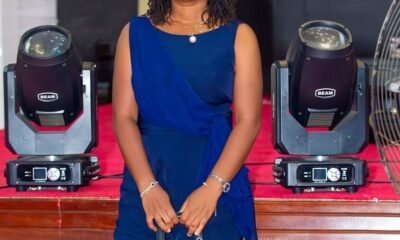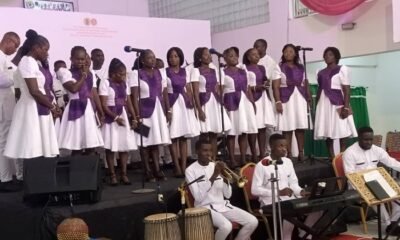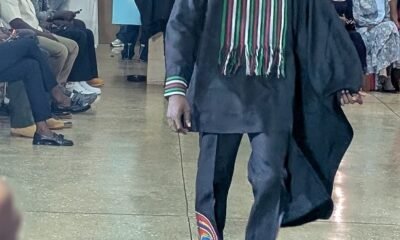Profile
Mrs Fuseini shares story of her journey to the top as 2024 Best Teacher

Oustanding teacher in Ghana
Growing up, Mrs Fuseina Fuseini’s greatest ambition was to become a lawyer.
Her reason for that determination was simple – to ‘fight’ for the vulnerable in society and be an advocate against early marriage in her community.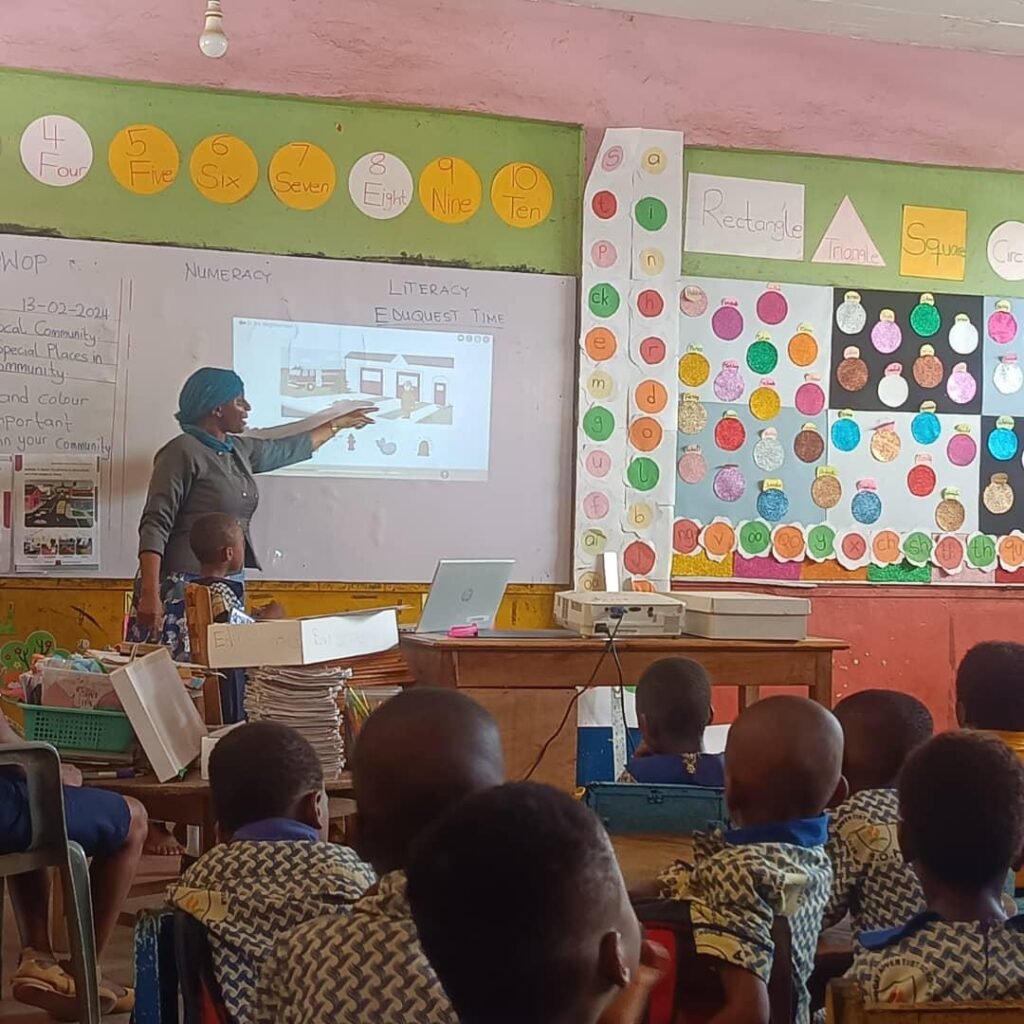
Though, she did not realise that childhood dream to become a lawyer due to financial difficulties, her passion and desire for teaching over the years was given a very good though – and it paid off.
For her close followers, her biggest career honour chalked recently in the teaching industry came as little surprise.

Mrs Fuseini was recently adjudged the first female kindergarten teacher to win the highest national honour for teachers.
She received that recognition at a forum at the Great Hall of the Kwame Nkrumah University of Science and Technology (KNUST) in Kumasi last weekend for her consistency, dedication, hard work and innovation in teaching and learning.
For her prize, Mrs Fuseini received a three-bedroom house and a scholarship to study abroad if she so desires, with funding from the Ghana Education Trust Fund (GETFund).
The 47 year-old Kindergarten (KG) teacher at the Madina SDA Basic School in the Greater Accra Region with over a decade experience in the teaching profession shares her journey with The Spectator.
Mrs Fuseini grew up in a community where teachers were respected and valued.
This influenced her decision to venture into teaching.
But that passion for teaching aside, Mrs Fuseini also realised that teaching can offer a similar platform to work as an advocate for the underprivileged and the marginalised in the society.
“Gone were the days, teachers commanded some sort of respect; they were seen to be disciplined. They were seen as mentors in the community. They were very influential.”
“I realised teaching was also a form of advocacy to share ideas. Most of my family members were teachers and that even made it easy for me to go into the profession,” she explained.
Education
After completing Senior High School (SHS) at the Saint Monica’s School of Education at Asante Mampong in the Ashanti region, she furthered her education at the University of Education (Winneba) where she studied for diploma in Basic Education.
“Teaching Kindergaten for the past 15 years gives me so much joy. I have a feeling it’s my calling because I teach children with ease and vibe with the children so easily,” she stated.
With her experience at the kindergarten level, Mrs Fuseini is in a better position to clear a few misconceptions at that early stage of child education.
She is aware of a few of these misconceptions, one of which is the school of thought that Kindergarten class or school is all about uniformed kids eating and sleeping.
In her view, that stage of a child’s education or upbringing is very crucial and urged both teachers and parents to pay attention to the little ones at that stage.
Explaining the educational curriculum used in teaching, Mrs Fuseini noted that three methods were employed in teaching the kids.
They are the differentiated, play-based and hands-on-learn methods.
The differentiated method demands from the teacher to allow the child to go about activities differently according to their strength.
In the play-based curriculum, the children are allowed to play and by so doing, it builds their creativity and supports their future aspiration.
Furthermore, she said children were sometimes grouped according to their abilities in the hands-on-learn method to explore with their hands.
Feeling
Sharing how she felt when she was announced as winner of the prestigious award – The Most Outstanding Teacher of the Year, she exclaimed: “I was full of joy and also proud of my achievement and immense contribution to the country.
“This is history because this is the first time a kindergarten teacher has ever won such an award and I count myself blessed and lucky.”
She commended the initiative to reward dedicated teachers, saying the recognition was key to bring out the best in every teacher.
Mrs Fuseini believes that dedication to her profession has played a significant role in her achievements, adding that, “This is going to motivate and inspire so many teachers to do their best despite the stress associated with the teaching job.”
“If I get the needed support, I would want to do my PHD in teaching. I still want to focus on kindergarten in order to rebrand the early child education sector”
Challenges
Infrastructure is one major challenge facing education at this level. Some are the inadequate space that compel authorities to put too many children in a class.
This, she explained, makes too overwhelming and children sometimes finds it difficult to pay attention in class.
She said despite the few gains chalked at the sector, they were limited sometimes in the area of resources due to the lack of logistics like puzzles, building blocks and computers to support the curriculum.
Teachers are described as a bridge upon which people use to get to their destination and therefore must not be neglected.
There is, therefore, the need to make provisions for them not only through finances but ensuring that they teach in a good environment.
Family
She was born to Fuseina Salifu and Amina Fuseini in Ketekrachi in the Oti Region of Ghana.
She is the third child among eight siblings and married to Mr Zibrim Biosama and are blessed with three children.
When Mrs Fuseini is not in the classroom, she can watch movies all day.
She appealed to all teachers to show dedication to the profession and called on the government to support the teaching department with incentives.
By Linda Abrefi Wadie
Profile
Edwina Anokye-Bempah Redefining Trust in Ghana’s Real Estate Landscape
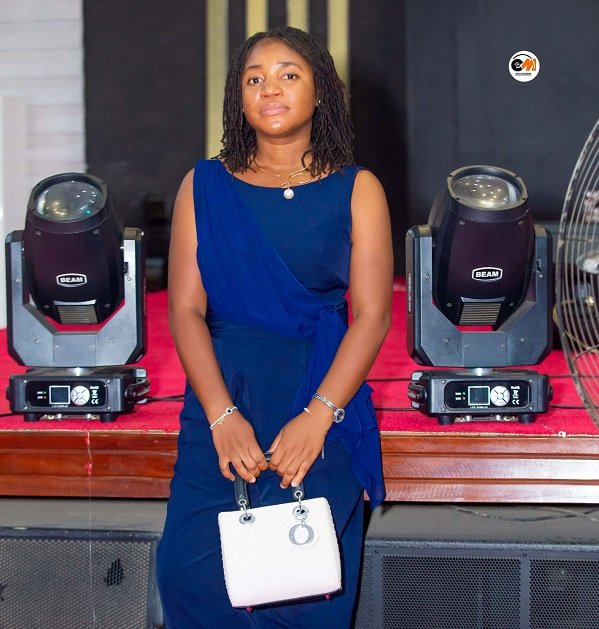
Every morning begins the same way for Edwina Anokye-Bempah, with quiet devotion. It is her grounding ritual, a moment of reflection and gratitude before she steps into the dynamic, often unpredictable world of real estate brokerage.
By the time she arrives at the office, she has already set the tone for her day. She reviews the previous day’s tasks, checks what was accomplished and what still needs attention, and then drafts a new to-do list. For her, success is rooted in deliberate planning, discipline, and the commitment to follow through.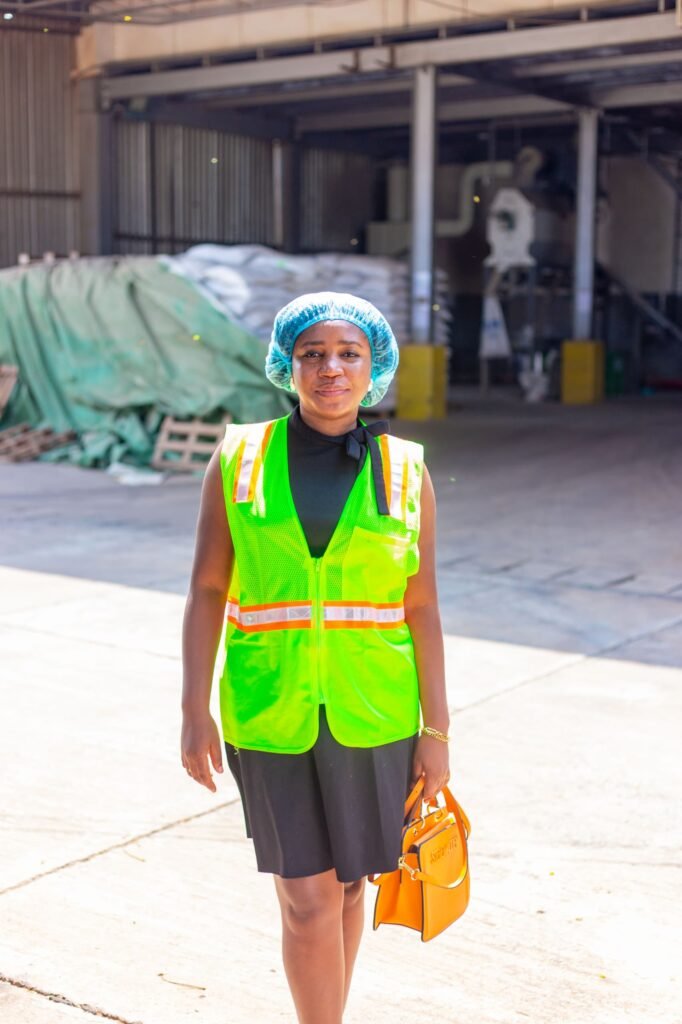
Today, Edwina stands out as one of Ghana’s promising real estate brokers, but she is also clear about the distinctions within her field. While many people casually use the term ‘realtor,’ she is quick to explain that only professionals registered with the National Association of Realtors can claim that title.
“Since I am not registered with the association, I am a real estate broker,” she says. It is a role she embraces wholeheartedly, facilitating transactions, connecting buyers and sellers, and ensuring clarity and integrity at every step.
Her journey into the industry took shape at MeQasa, an online platform dedicated solely to real estate. The platform exposed her to developers, agents, and the complexities of property transactions. She worked closely with developers and observed one recurring problem: clients often complained about agents who failed to respond, follow up, or provide accurate information.
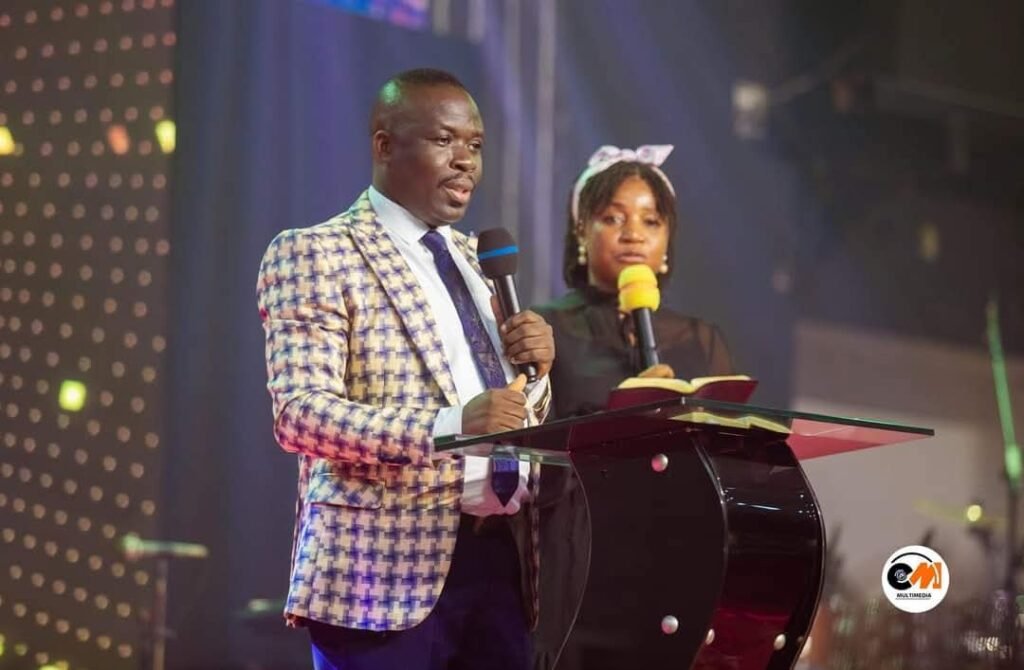
With her background in sales and marketing, Edwina felt naturally drawn to the field. It was an industry where she believed she could make a meaningful, positive impact. Real estate, she came to learn, is far more than brick and mortar. It is about helping people secure one of the most important investments of their lives. This understanding shapes every decision she makes.
One of the most challenging tasks in her work is qualifying clients.
“A serious buyer must be willing, ready and able,” she explains. When one of these three qualities is missing, the transaction is likely to stall or collapse entirely.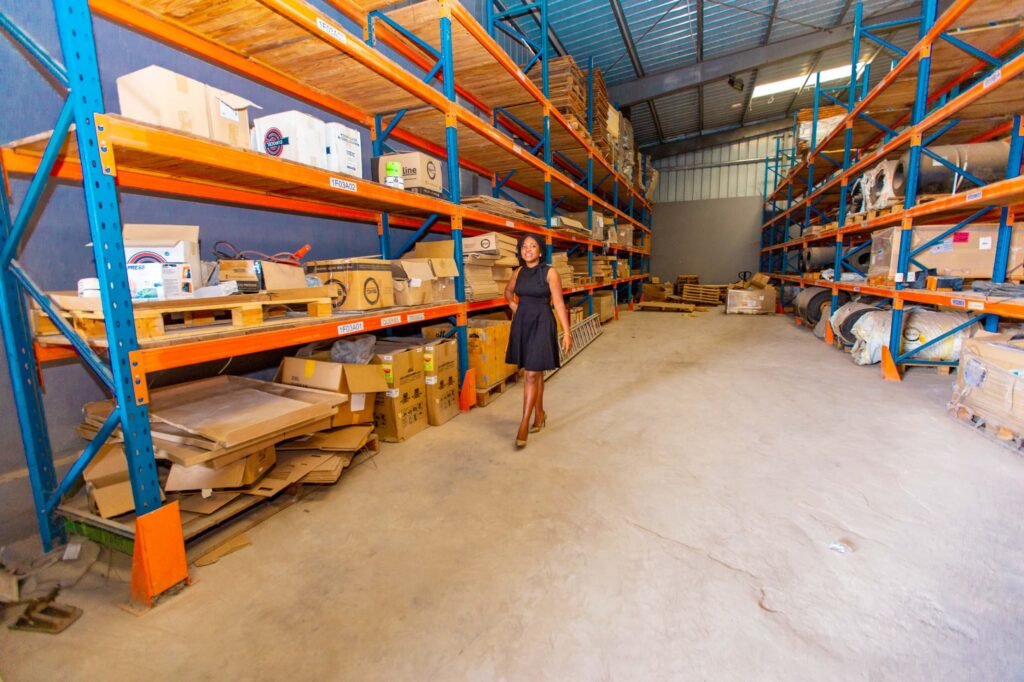
On the seller’s side, due diligence is equally critical. Ownership disputes, land fraud, and unclear documentation remain some of the biggest risks in Ghana’s real estate sector.
Edwina understands the weight of the responsibility she carries. “The money involved is huge. These are people’s lifetime savings. Most people buy one home or maybe two in their entire lives. You cannot afford to make a mistake.”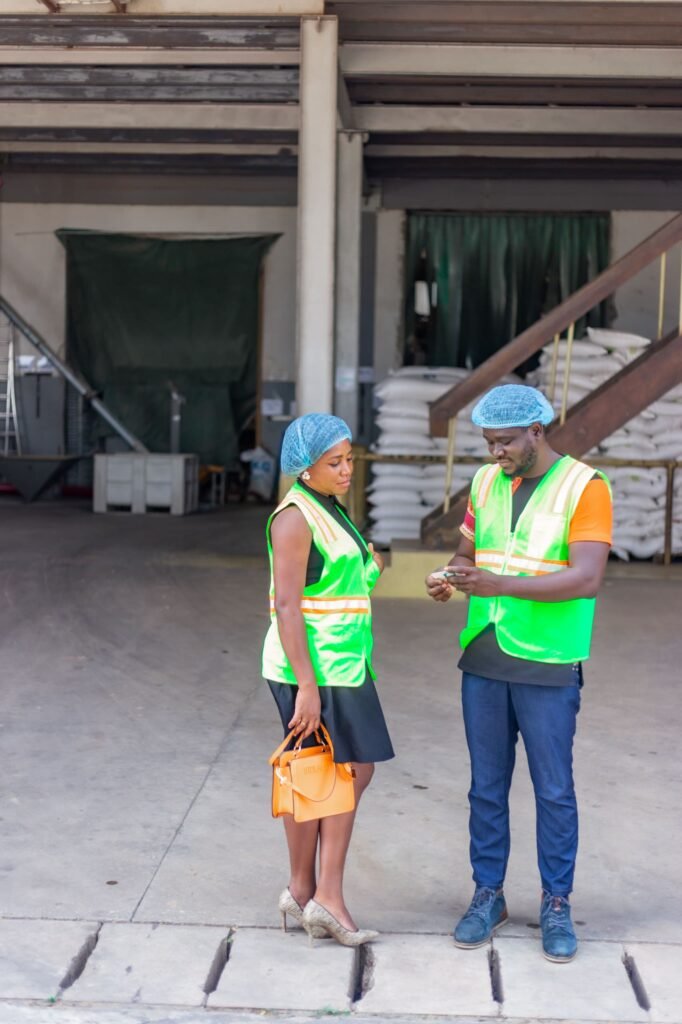
Working in what many describe as a male-dominated field has never intimidated her. With an MBA in Marketing and extensive experience in sales roles including a stint as an Account Manager in an advertising agency, she has grown comfortable handling clients, negotiating deals, and presenting herself with confidence.
“My gender has never discouraged me,” she says. “What matters is hard work and ensuring that the client’s needs were met.”
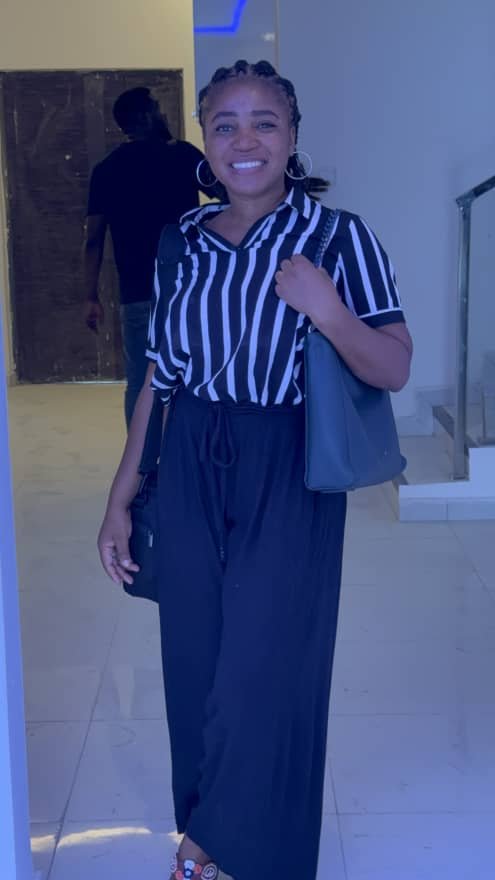
The only occasional challenge, she admits, was maintaining professional boundaries when some men attempt to be overly familiar. Her solution is simple: stay professional and do not over-familiarise yourself with clients.
Her educational journey started in Kumasi, followed by Yaa Asantewaa Girls’ Senior High School, where she studied Agricultural Science. She continued the same at the University of Ghana before pursuing her master’s degree. After university, she worked on her uncle’s poultry farm before moving into advertising. Later, her role at MeQasa finally opened the door to the career she had long been unknowingly preparing for.
Over the years, Edwina has built a reputation not only for competence but also for care. She recalls one client in particular, an older man relocating to Ghana with no family in the country. After helping him secure two homes, she became the closest person he could rely on. One evening at around 8 p.m., he called to say he felt unwell. Without hesitation, she drove to his home and rushed him to the hospital. Doctors later told her that any delay could have been fatal.
For Edwina, that moment affirmed that the job goes far beyond selling property. “It doesn’t end with the sale,” she says. “You have to look out for people.”
Her influence also extends to younger people observing her journey. She is known for her tenacity, her refusal to give up on clients or tasks, and her resilience in the face of challenges. Those who work around her learn to push forward regardless of setbacks.
“If a deal doesn’t go as expected, you don’t look back. You find a way.”
Beyond real estate, Edwina serves as an interpreter in her church, a role that dramatically boosted her confidence. What began with trembling legs has evolved into a boldness that reflects in her public speaking and client interactions. She credits her growth to God, her senior pastor, her mother, siblings, friends, and her dedicated team — “an amazing circle,” she calls them.
Today, she is also a partner in a showroom business dealing in vanity units, sanitary wares, and tiles, an extension of her real estate insight and experience.
For young people aspiring to join the industry, her advice is clear: “Learn the industry beyond selling. Understand transactions, build strong relationships, and always do your due diligence.”
For Edwina Anokye-Bempah, real estate is more than business; it is trust, service, and impact, one client at a time.
By Esinam Jemima Kuatsinu
Join our WhatsApp Channel now!
https://whatsapp.com/channel/0029VbBElzjInlqHhl1aTU27
Profile
How a Collapsed Dream Birthed Another: Daniel Debrah’s Music Journey

From the age of five, Daniel Nana Kwesi Kakra Debrah has lived a life surrounded by rhythm, harmony, and the quiet pulse of music. Growing up in a home where instruments filled corners and rehearsals were as normal as conversation, Daniel’s first teachers were not in formal classrooms—they were the sounds, movements, and discipline he absorbed from his father, a committed church musician.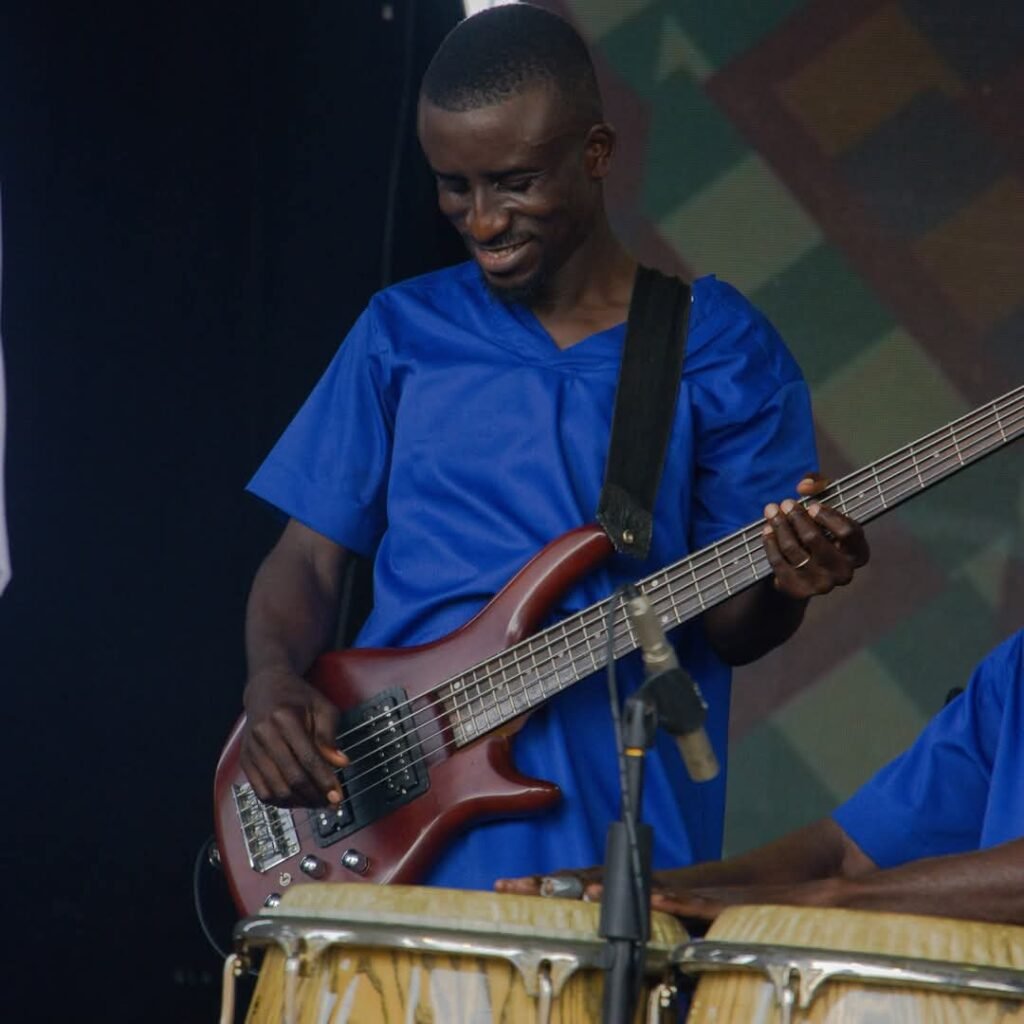
Ironically, music was not Daniel’s first dream. Like many young boys, he once hoped to become a professional footballer. But an injury from a school match left him unable to walk for three months, forcing him to retire that ambition. What seemed like a tragedy at the time became the turning point that aligned him with the path he was always meant to follow.
Daniel’s earliest musical expression began in church. As a boy in Sunday School, he eagerly ‘pounded’ the drums, quickly becoming known as the child who never missed an opportunity to play. Even in Senior High School (SHS), although many of his classmates were unaware of his talent, he continued practising quietly until completing school in 2005.
After SHS, Daniel joined a church music class with the intention of growing as a drummer, but one moment changed everything. Watching a bass guitarist perform stirred something in him. Drawn to the deep, steady tones of the bass, he persuaded a friend to teach him the basics. With no instrument of his own, Daniel practised at home using a broken guitar for more than eight months.
Then destiny intervened. The church’s lead bassist was suddenly suspended, and Daniel stepped in voluntarily during an evening service. That temporary voluntary act became permanent as he was asked by the then Music Director to fill in the gap. From that point, he embraced the bass guitar fully—a decision that defined the rest of his life.
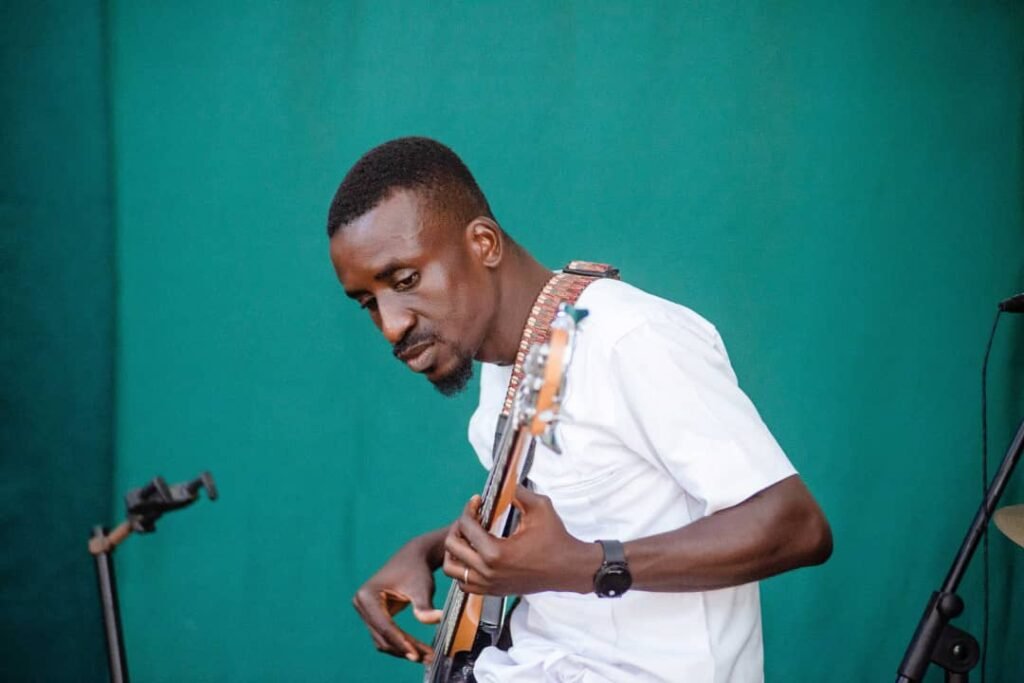
Around 2006, Daniel made a life-changing decision to take his craft seriously. He began practising for hours on end, sometimes up to eight hours a day, often without food, locked away from family and friends, perfecting techniques and expanding his creativity. While others assumed he was outdoors socialising, Daniel was indoors sharpening his gift.
His breakthrough came in 2007 when he performed in the TV3 Bands Alive competition. The exposure, applause, and feedback confirmed his dream: “music was not just a passion; it was his calling,” he said.
With time, Daniel moved confidently into the professional space. He performed at studio sessions, live concerts, weddings, church events, and high-profile national programmes. His talent, discipline, and reliability earned him a reputation that continues to attract respected gospel artistes.
Today, he works closely with Daughters of Glorious Jesus, Chris Apau, and Israel Ofori, who have been of immense help to his career ministry. He also collaborates with several ministries and offers support with musical arrangements, live performances, and studio recordings.
Beyond the stage, Daniel sees himself as a mentor. Many young musicians reach out to him, some visiting in person, others calling for guidance. Whether through hands-on training or virtual coaching, he is always ready to teach. For Daniel, music is not just technique; it is character, discipline, and values. He believes a musician must carry integrity both on and off stage.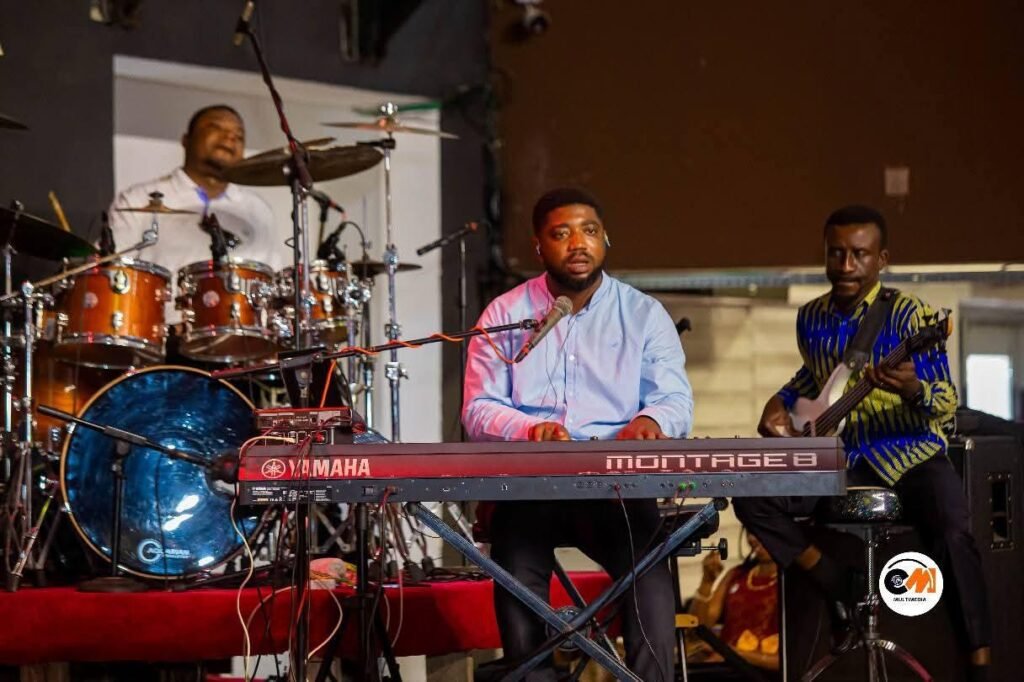
Like many musicians in Ghana, Daniel has faced challenges with delayed payments and broken agreements. These experiences have taught him to value professionalism. He now insists on part payment upfront and charges more for his services, a decision grounded in self-respect and fairness.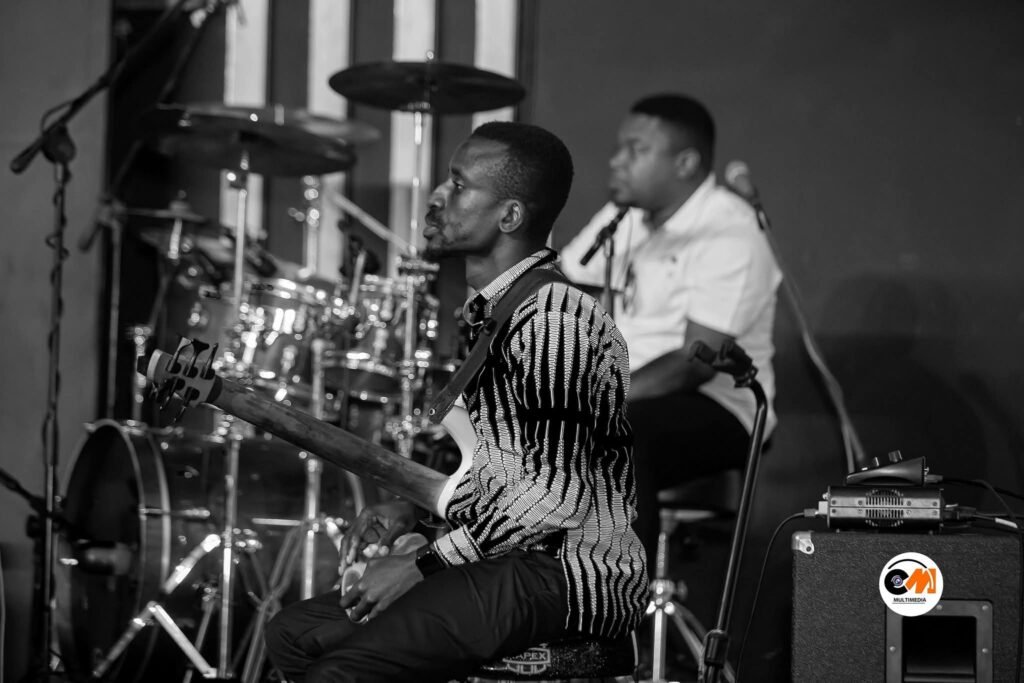
Daniel’s journey in music has been shaped by various individuals who have supported him at different stages of his career. He acknowledged Opoku Agyeman Sanaa, Kofi Ennin, Andrew Klu, Mr. Samuel Abbey, Mr. Samuel Sarpong Agyei, Paul Quartey, Mr. Nene Emmanuel, and Mr. Isaac Asiedu, saying that their belief in him continues to inspire his journey.
Daniel’s work is guided by his Christian faith. He sees music as ministry, not merely entertainment. Off stage, he is a devoted family man—a husband and father of two, a boy and a girl, who have also started playing musical instruments. During his leisure time, he listens to music, or plays football and action video games.
Through his acts of service and unwavering determination, Daniel continues to inspire others, proving that when passion meets integrity, ordinary men impact the lives of others.
By Esinam Jemima Kuatsinu

